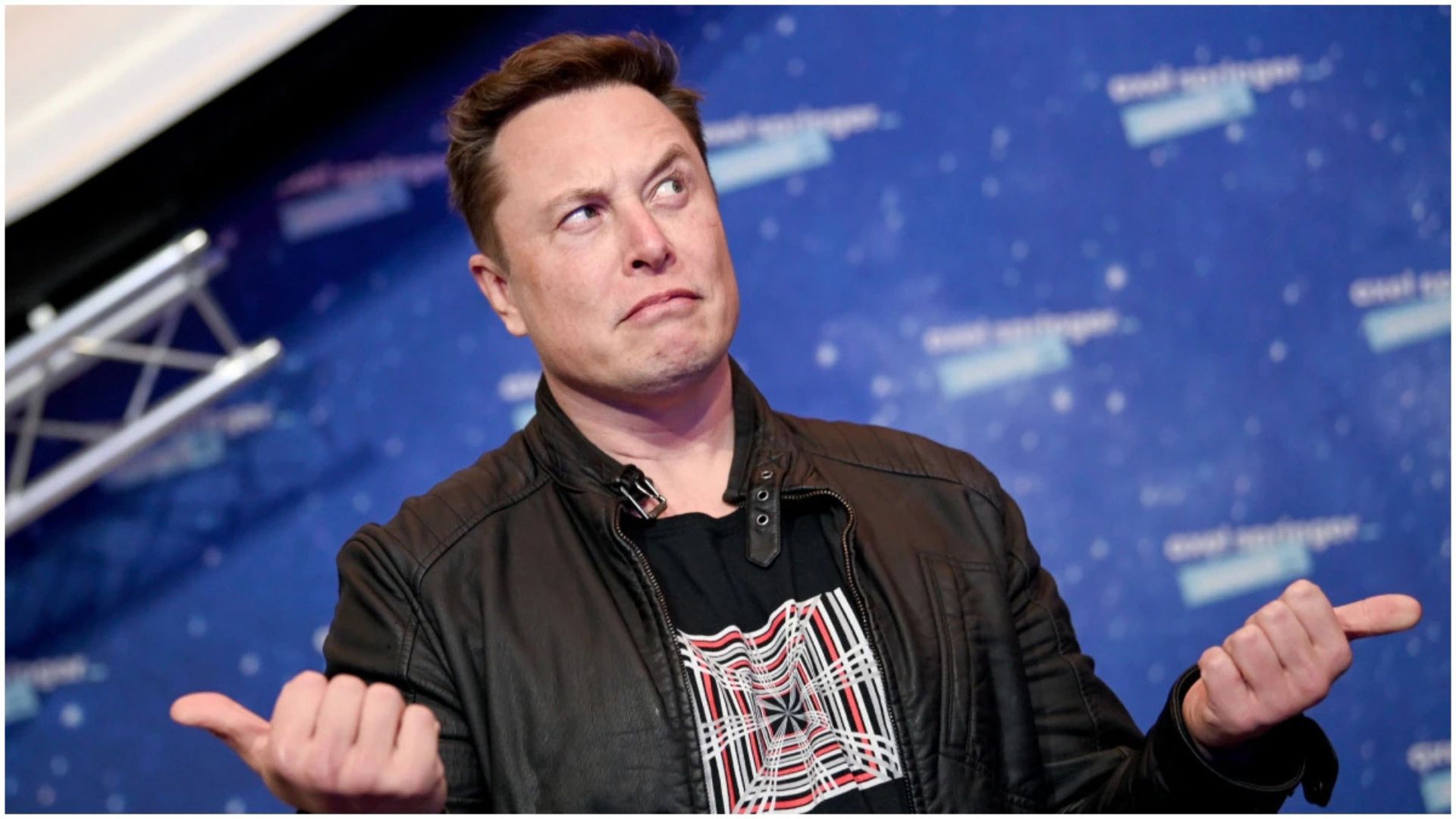Elon Musk’s artificial intelligence venture xAI has launched an ambitious hiring campaign for its latest project, Macrohard—an AI-driven software company designed to challenge Microsoft’s dominance through entirely autonomous operations. The initiative represents Musk’s boldest attempt yet to disrupt traditional software giants using advanced artificial intelligence.
Recruitment Drive and Strategic Vision
On September 23, xAI co-founder Yuhuai Wu announced on X that the company is seeking a “new team building computer control agents” to develop both Macrohard and the upcoming Grok 5 AI model (India Today). Musk amplified the recruitment call to his 200 million followers, writing “Help build Macrohard, the AI software company!” and positioning the venture as a direct challenge to Microsoft’s software empire (Newsbytes App).
The project’s name playfully inverts Microsoft’s brand—”Macro” replacing “Micro” and “hard” substituting “soft”—reflecting Musk’s confrontational approach to established tech giants. During a company-wide meeting on September 18, Musk outlined his vision for xAI, recently valued at $120 billion, describing his mission to create “maximally truth-seeking” AI systems (The New York Times).
Musk’s core thesis centers on his belief that software companies can be completely replicated using AI since they don’t manufacture physical hardware. “In theory, since software firms like Microsoft do not produce any physical hardware themselves, it should be attainable to fully emulate them with AI,” he stated (Yahoo Finance). The billionaire envisions Macrohard consisting of multiple AI agents working collaboratively to maximize productivity and efficiency.
Aggressive Timeline and Technical Foundation
Both Macrohard and Grok 5 are targeted for completion by the end of 2025, coinciding with Musk’s announcement that Grok 5 training began in September. The entrepreneur boldly claims the model could achieve artificial general intelligence, building on xAI’s recent successes with Grok 4, which achieved a remarkable 15.9% result on the ARC-AGI-2 test that measures abstract reasoning capabilities (Future Timeline).
xAI’s Colossus supercomputer provides the computational infrastructure necessary for these ambitious projects. The Memphis-based facility houses over 100,000 NVIDIA Hopper GPUs and is being expanded to 200,000 units, making it the world’s largest AI supercomputer (NVIDIA). This massive computing power enables xAI to train increasingly sophisticated models that could power the autonomous agents envisioned for Macrohard.
The company has already filed a U.S. trademark application for “MACROHARD” on August 1, 2025, covering “downloadable computer programs and downloadable computer software,” indicating serious commitment to the project beyond mere provocative naming (Yahoo Finance).
Formidable Competition Ahead
Challenging Microsoft’s entrenched position represents a monumental task. The Redmond giant generated $252 billion in revenue for fiscal year 2025, with its Productivity and Business Processes division contributing $77.8 billion (SQ Magazine). Microsoft dominates office productivity software with a 29% global market share, though Google Apps leads with 45% (Statista).
Microsoft has also strengthened its AI capabilities significantly through partnerships with OpenAI and expanding access to its Copilot assistant. The company commands 62% of new generative AI enterprise projects and maintains a 45% cloud AI engagement rate, significantly exceeding its general cloud market share (Microsoft Investor Relations). Azure alone generated $75 billion in revenue with 39% year-over-year growth, demonstrating Microsoft’s strong position in cloud infrastructure (The Verge).
However, Musk’s track record of disrupting established industries—from electric vehicles with Tesla to space exploration with SpaceX—suggests Macrohard represents more than mere provocation. xAI’s rapid progress, including Grok 4’s top performance on challenging AI benchmarks, indicates the company possesses the technical capabilities to mount a credible challenge to traditional software paradigms.
The success of Macrohard could fundamentally reshape the software industry by demonstrating that AI agents can autonomously perform complex business operations traditionally requiring human oversight. As xAI continues recruiting top talent and expanding its computational infrastructure, the tech industry watches closely to see whether Musk’s latest venture will deliver on its ambitious promise to revolutionize software development through artificial intelligence.













I don’t think the title of your article matches the content lol. Just kidding, mainly because I had some doubts after reading the article. https://accounts.binance.com/ro/register?ref=HX1JLA6Z